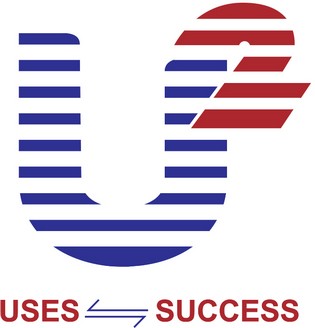Responsibilities
• Work with development teams and product managers to ideate software solutions.
• Participate in user story grooming with product stakeholders and engineers.
• Design, Architecture of software components, microservices and API gateway platform.
• Code review, cyber security review, application monitoring and mentoring junior developers in API first development.
• CI/CD and DevOps pipeline configuration and deployment management of components
• Scalability, Performance tuning of API and Web applications
• Build the front-end of applications through appealing visual design.
• Develop and manage well-functioning databases and applications.
• Write effective APIs.
• Test software to ensure responsiveness and efficiency.
• Troubleshoot, debug and upgrade software.
• Create security and data protection settings.
• Build features and applications with a mobile responsive design.
• Write technical documentation.
Requirements
• Bachelor’s degree in computer science or equivalent.
• Minimum 6+ years of Proven experience as a full stack developer or similar role.
• Strong experience in back-end languages Java, Spring Boot.
• Strong experience in JavaScript frameworks such as ReactJS and Node.js.
• Strong Experience in designing and implementing REST based micro services using Spring Boot/Node.js.
• Knowledge of multiple front-end languages and libraries (HTML5/ CSS3, JavaScript, JSON, jQuery)
• Experience in developing event-driven applications and familiarity with Kafka or any messaging system.
• Familiarity with databases (Oracle OR MySQL OR MongoDB OR SQL Server), web servers (Nginx or Apache) and UI/UX design.
• Experience in containerized application development such as Docker/Kubernetes.
• Excellent communication and teamwork skills.
• Great attention to detail.
• Experience in scrum-based software development, JIRA and CI/CD.
Licence no: 12C6060
























